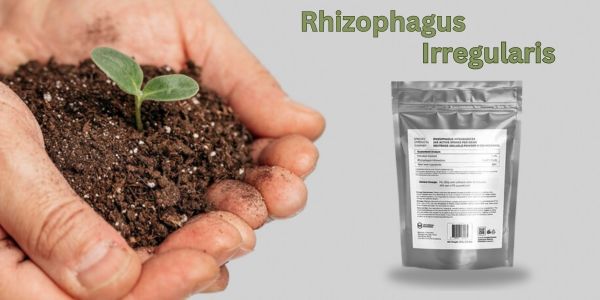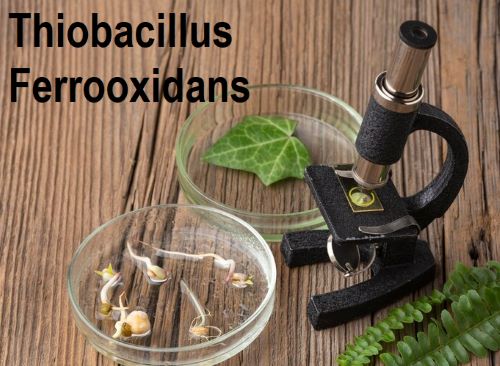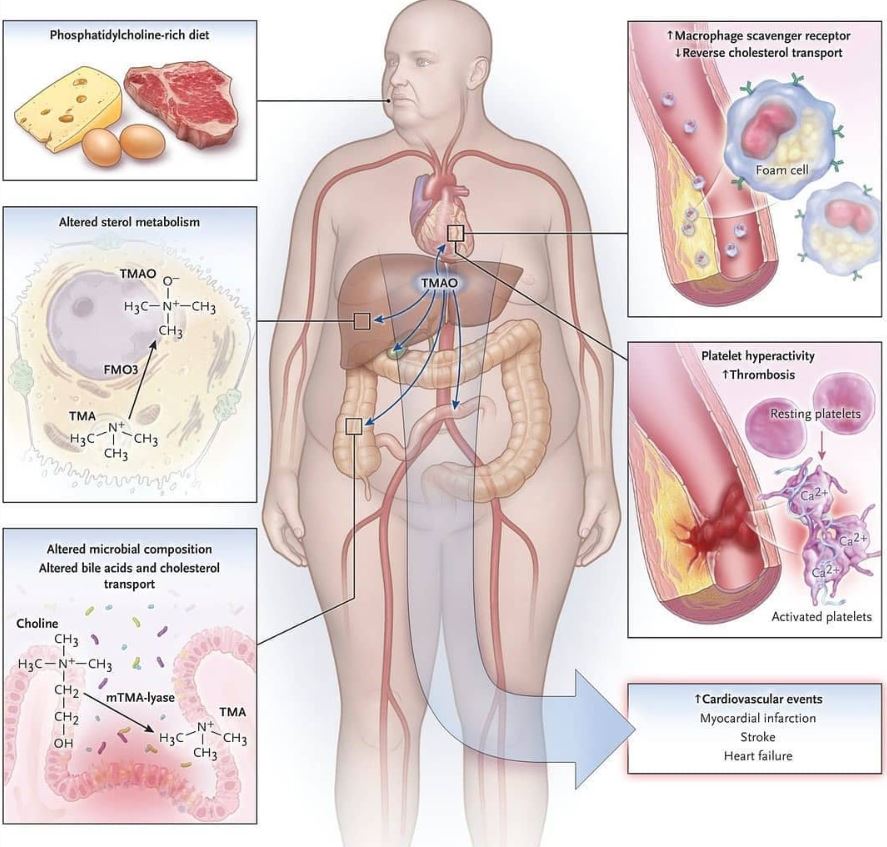Can Rhizophagus Irregularis Survive Extreme Weather?ðŸœðŸŒ¤
Rhizophagus Irregularis, or Rhizophagus intraradices, faces challenges in surviving extreme weather conditions. While it can tolerate mode... View MoreCan Rhizophagus Irregularis Survive Extreme Weather?ðŸœðŸŒ¤
Rhizophagus Irregularis, or Rhizophagus intraradices, faces challenges in surviving extreme weather conditions. While it can tolerate moderate environmental fluctuations, extreme heat or prolonged drought can significantly reduce its viability. In harsh conditions, its ability to form mycorrhizal associations with plant roots diminishes, affecting plant growth and health. However, certain resilient strains may still persist under less severe extremes, providing some level of benefit to host plants.
Learn More:
https://www.universalmicrobes.com/product-page/rhizophagus-irregularis
#RhizophagusIrregularis
#MycorrhizalFungi
#Fungi
#SoilHealth
#SustainableAgriculture
#SoilMicrobes
#PlantScience
#Agriculture
#SoilBiology
#Microbiology
#EcosystemServices
#Mycology
#Symbiosis
#PlantFungiInteractions
#SoilEcology
Identify Nitrogen-Fixing Bacteria Names: Enhance Soil Health!
Nitrogen-fixing bacteria are microorganisms capable of converting atmospheric nitrogen into a form usable by plants. Some common examples... View MoreIdentify Nitrogen-Fixing Bacteria Names: Enhance Soil Health!
Nitrogen-fixing bacteria are microorganisms capable of converting atmospheric nitrogen into a form usable by plants. Some common examples include:
Rhizobium spp.
Azotobacter spp.
Azospirillum spp.
Clostridium spp. (specifically Clostridium pasteurianum)
Klebsiella pneumoniae
Bradyrhizobium spp.
Frankia spp.
Unlock nitrogen-fixing bacteria names for healthy soil! Trust top global supplier for certified organic products, fast shipping, and bulk discounts.
#NitrogenFixing
#Bacteria
#Microbiology
#SoilHealth
#PlantNutrition
#Agriculture
#NitrogenCycle
#Microbes
#BiologicalNitrogenFixation
#Symbiosis
Thiobacillus Ferrooxidans: The Solution to Soil Acidification Woes?
Soil acidification can be a headache for gardeners, but fear not! Thiobacillus Ferrooxidans, from my experience, emerge as the uns... View MoreThiobacillus Ferrooxidans: The Solution to Soil Acidification Woes?
Soil acidification can be a headache for gardeners, but fear not! Thiobacillus Ferrooxidans, from my experience, emerge as the unsung heroes in this battle. These remarkable microbes play a pivotal role in rebalancing soil pH. They work their magic by converting sulfur compounds, neutralizing acidity, and creating an environment where plants can flourish. Witnessing the transformation in soil quality and the subsequent improvement in plant health has truly convinced me that Thiobacillus Ferrooxidans are the solution to soil acidification woes.
https://www.universalmicrobes.com/post/what-is-the-role-of-thiobacillus-ferrooxidans-in-agriculture
If you want to buy Thiobacillus ferrooxidans an affordable price please check out this website: https://www.universalmicrobes.com/product-page/thiobacillus-ferrooxidans
#ThiobacillusFerrooxidans
#MicrobialMining
#Bioleaching
#Biotechnology
#Microbiology
#IndustrialMicrobes
#SustainableMining
#EnvironmentalMicrobiology
#MiningBacteria
#MetalOxidation
#Biohydrometallurgy
#MicrobialCatalysis
#MiningInnovation
#MetalsRecovery
#BacterialBioleaching
A Model of the Diet, Gut Microbiota, Atherosclerosis, and the Risk of Thrombosis.
.
Choline is hydrolyzed from dietary phosphatidylcholine and then converted to trimethylamine (TMA) by microbial lyase... View MoreA Model of the Diet, Gut Microbiota, Atherosclerosis, and the Risk of Thrombosis.
.
Choline is hydrolyzed from dietary phosphatidylcholine and then converted to trimethylamine (TMA) by microbial lyases in the colon. Hepatic flavine monooxygenases (FMOs), such as FMO3, which is overexpressed in persons with insulin resistance, catalyze the conversion of trimethylamine (TMA) to TMA-N-oxide (TMAO). FMO3 also regulates hepatic cholesterol metabolism. A phosphatidylcholine-rich diet modulates the intestinal microbiota in part by altering the composition of bile acid, which augments systemic TMAO levels by inducing FMO3 expression. In studies in mice, high systemic levels of TMAO enhance the development of atherosclerosis by increasing the accumulation of macrophage-specific cholesterol and the formation of foam cells and reducing net reverse cholesterol transport. In addition, TMAO promotes thrombotic events by increasing the release of intracellular calcium in platelets, thereby enhancing the submaximal stimulus-dependent activation of platelets. Elevated TMAO levels predict increased risks of cardiovasculardisease and major cardiac events such as myocardialinfarction and stroke in humans. Thus, TMAO adds an important mechanistic link to the relationships among specific dietary nutrients, the gut microbiota, atherosclerosis, and the risk of thrombosis.
Learn More: https://drboonlim.co.uk/heart-conditions/
#cardiology #microbiology #nutritionist
page=1&year=&month=&hashtagsearch=Microbiology
Load More






